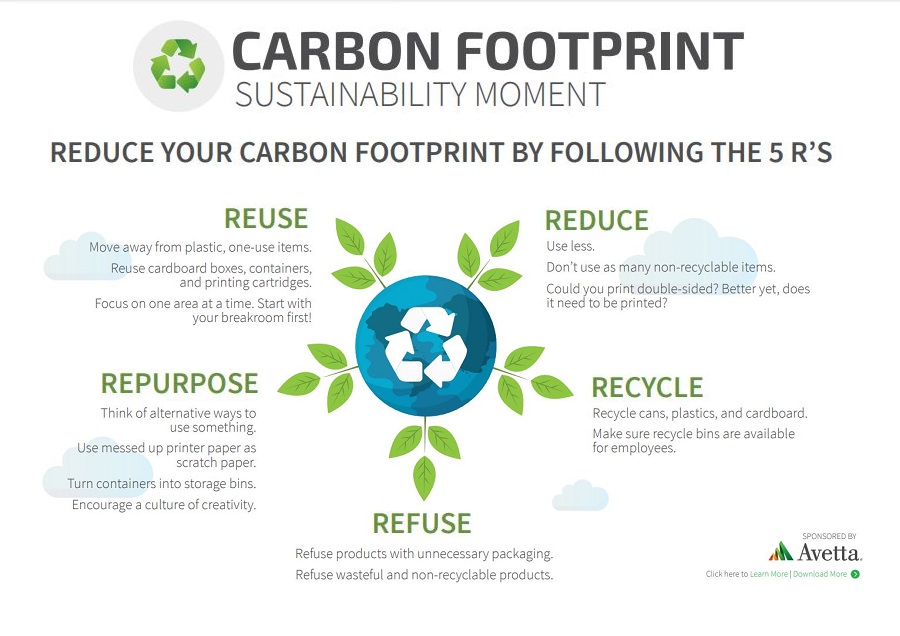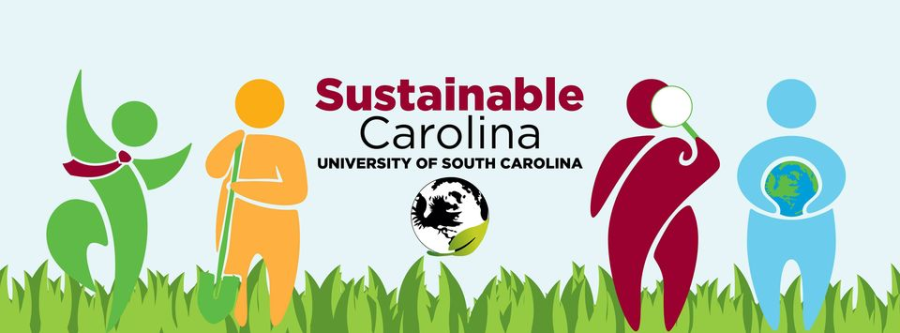Revolutionary Recycling: New York’s Sustainable Solutions for a Greener Future
In recent years, the state of New York has emerged as a leader in efficient innovative recycling implementations. With its bustling cities, vibrant communities, and a strong commitment to environmental stewardship, New York has implemented a range of sustainable solutions to address the pressing challenges of waste management.
Comprehensive Recycling Infrastructure
New York boasts a comprehensive recycling infrastructure that encompasses both residential and commercial sectors. The state has implemented a modern network of recycling facilitiess, drop-off locations including dumpster rentals, and up-to-date curbside recycling programs to ensure easy access for residents and businesses. By providing convenient recycling options, New York encourages individuals to actively participate in the recycling process and divert recyclable materials away from landfills.
Single-Stream Recycling
One notable initiative in New York is the adoption of single-stream recycling, which simplifies the recycling process for residents. This way residents and local businesses can combine all recyclable materials, such as paper, plastic, glass, and metal, into a single bin. Single-stream recycling has significantly increased participation rates and made recycling more accessible to a wider range of individuals.
Expansion of E-Waste Recycling
Recognizing the growing challenge of electronic waste, or e-waste, New York has implemented extensive programs to manage and recycle electronic devices responsibly. The state mandates the proper disposal of electronic waste and has established e-waste collection sites and recycling programs. These initiatives prevent hazardous materials found in electronic devices from ending up in landfills and promote the recycling and repurposing of valuable resources, such as metals and plastics.
Organic Waste Recycling
To combat food waste and promote sustainable practices, New York has been at the forefront of organic waste recycling initiatives. The state encourages the diversion of organic waste from landfills by implementing composting programs. These programs encompass community composting projects to large-scale composting facilities accepting organic waste from various residential, commercial, and agricultural sources. Through organic waste recycling, New York reduces greenhouse gas emissions and produces nutrient-rich compost for agricultural use.
Bottle Return Programs
New York has long been a pioneer in bottle return programs, commonly known as “bottle bills.” These programs provide financial incentives for returning empty beverage containers, such as plastic bottles and aluminum cans, to designated redemption centers. By establishing a monetary value for recyclable containers, New York motivates individuals to actively participate in recycling and ensures the proper handling of these materials.
Education and Outreach
New York recognizes the importance of education and outreach to promote sustainable recycling practices. The state invests in public awareness campaigns, school programs, and community initiatives to educate individuals about the benefits of recycling and proper waste management. By fostering a culture of environmental responsibility, New York aims to create a lasting impact on recycling behaviors and inspire future generations to embrace sustainable habits.
New York’s revolutionary recycling initiatives demonstrate the state’s unwavering commitment to sustainability and environmental stewardship. From comprehensive recycling infrastructure and single-stream recycling to e-waste management, organic waste recycling, bottle return programs, and education efforts, New York has taken significant strides in creating a greener future. By embracing innovative recycling practices, New York sets an example for other states and regions, highlighting the importance of collective action in mitigating waste, conserving resources, and fostering a more sustainable society.
Waste Management Solutions in Buffalo, NY: Paving the Way for a Sustainable Future
Buffalo, NY, has embraced a range of waste management solutions to address the environmental challenges associated with waste disposal. As a city committed to sustainability, Buffalo has implemented innovative strategies to reduce waste including dumpster rental services (click here), increase recycling rates, and promote responsible waste management practices. This article explores three key waste management solutions in Buffalo, highlighting the city’s efforts to create a cleaner and more sustainable future.
Single-Stream Recycling
Buffalo has embraced single-stream recycling as a way to simplify and encourage recycling for its residents. This approach eliminates the need for residents to separate recyclables, making recycling more convenient and accessible. By implementing single-stream recycling programs, Buffalo has witnessed a significant increase in recycling rates, diverting a substantial amount of waste from landfills and conserving valuable resources.
Composting Programs
To tackle the issue of organic waste, Buffalo has implemented composting programs to divert food scraps and other organic materials from landfills. These programs encourage residents and businesses to separate organic waste from their regular trash and compost it instead. Buffalo provides resources and education on proper composting techniques, enabling individuals to transform their organic waste into nutrient-rich compost. By diverting organic waste from landfills, Buffalo reduces greenhouse gas emissions, promotes soil health, and fosters a circular economy.
Hazardous Waste Disposal
Buffalo prioritizes the safe and responsible disposal of hazardous waste materials. The city organizes periodic hazardous waste collection events where residents can dispose of items like paint, batteries, cleaning products, and electronic waste. By offering convenient and proper disposal options for hazardous materials, Buffalo protects the environment and prevents the contamination of land and water resources. Additionally, the city promotes awareness about the dangers of improper disposal and educates residents on alternative eco-friendly products and practices.
Buffalo’s waste management solutions showcase the city’s commitment to sustainability and environmental preservation. Through single-stream recycling, composting programs, and hazardous waste disposal initiatives, Buffalo encourages residents and businesses to actively participate in responsible waste management practices.

